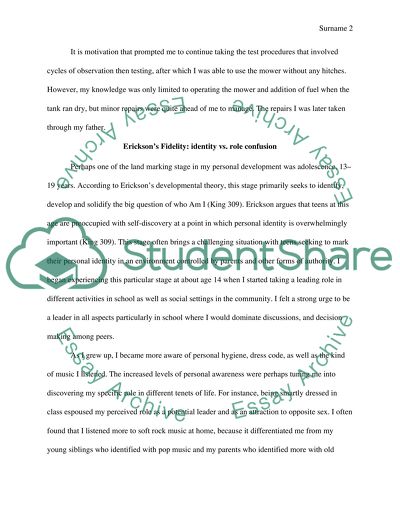Cite this document
(“Writing Rubric Term Paper Example | Topics and Well Written Essays - 1000 words”, n.d.)
Retrieved from https://studentshare.org/psychology/1688687-writing-rubric
Retrieved from https://studentshare.org/psychology/1688687-writing-rubric
(Writing Rubric Term Paper Example | Topics and Well Written Essays - 1000 Words)
https://studentshare.org/psychology/1688687-writing-rubric.
https://studentshare.org/psychology/1688687-writing-rubric.
“Writing Rubric Term Paper Example | Topics and Well Written Essays - 1000 Words”, n.d. https://studentshare.org/psychology/1688687-writing-rubric.


